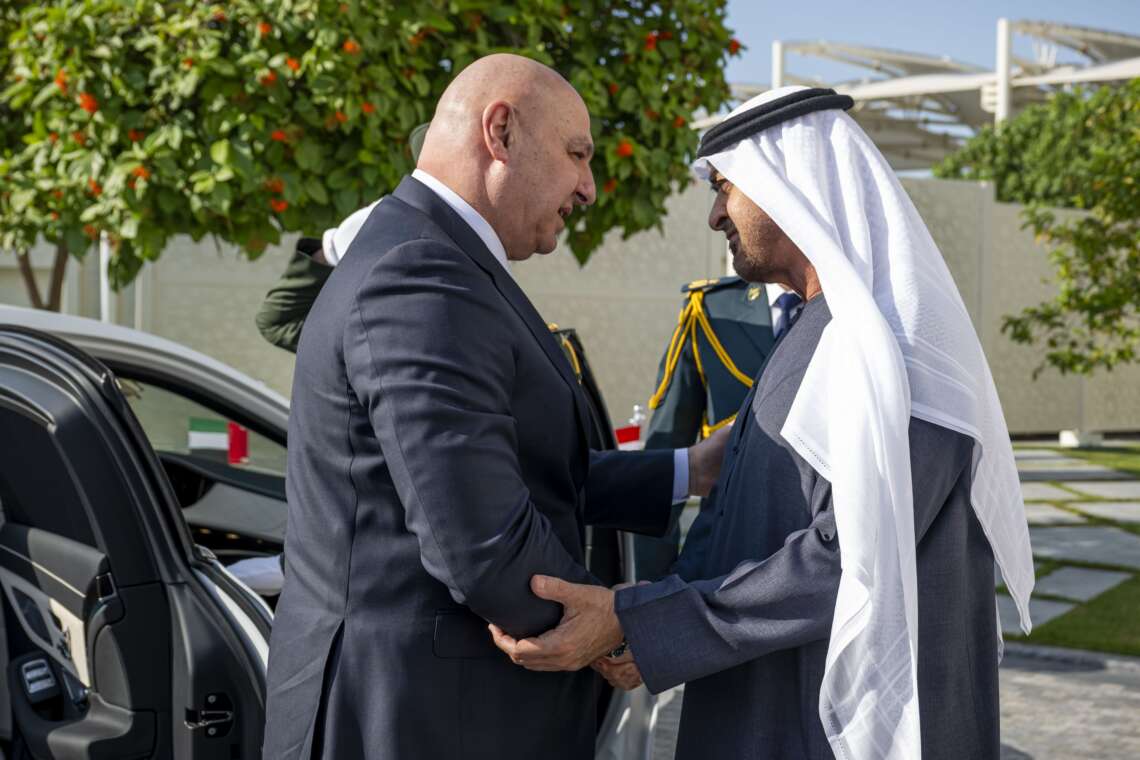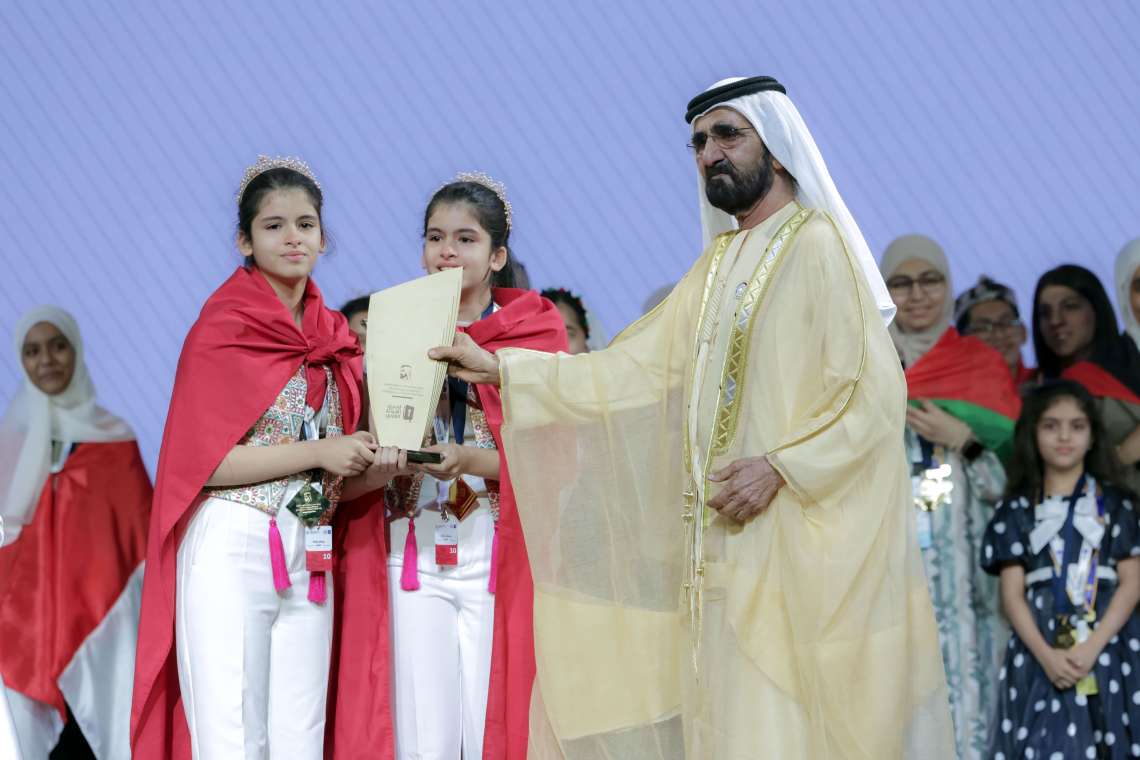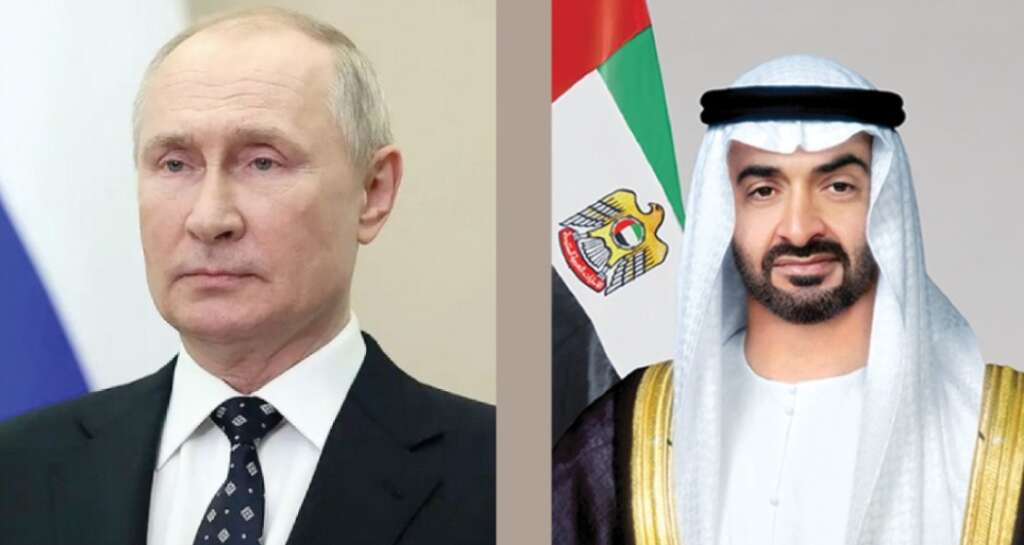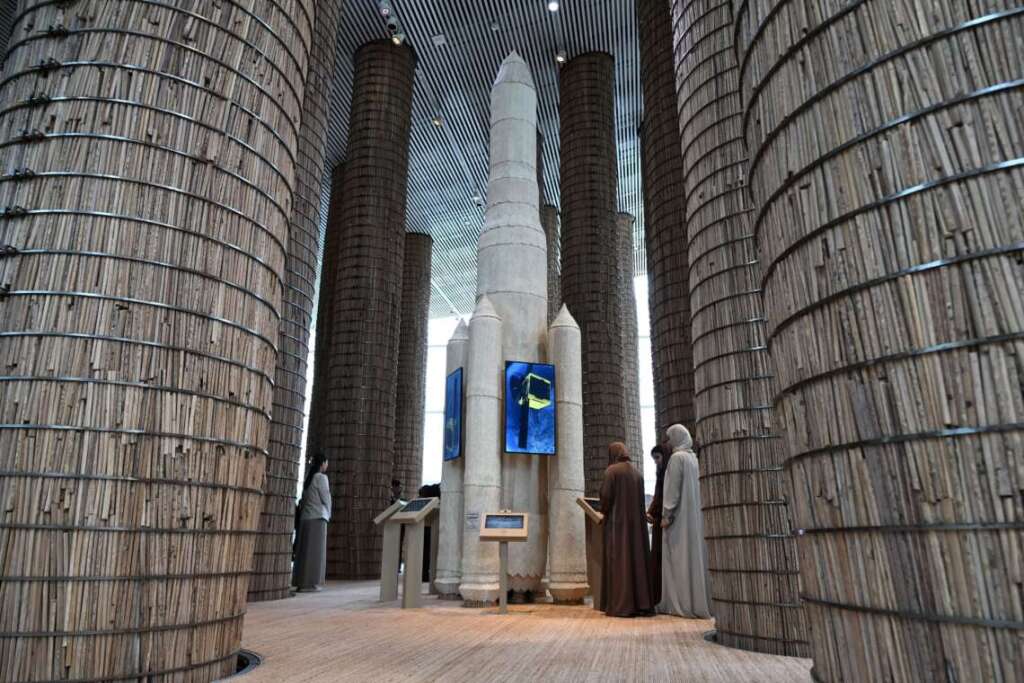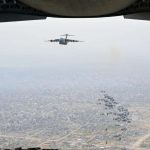A key highlight of Aoun’s visit to UAE was the agreement to ease travel restrictions between the two countries — a move set to facilitate the movement of citizens and promote closer people-to-people ties.
The United Arab Emirates and Lebanon have pledged to strengthen bilateral ties and boost regional cooperation following Lebanese President Joseph Aoun’s official visit to Abu Dhabi. The visit marks the first by a Lebanese head of state to the UAE in years and signals a renewed phase of engagement between the two countries.
During his meeting with President His Highness Sheikh Mohamed bin Zayed Al Nahyan at Qasr Al Shati in Abu Dhabi, President Aoun praised the longstanding fraternal relations between Lebanon and the UAE, while Sheikh Mohamed reaffirmed the Emirates’ enduring commitment to Lebanon’s security, sovereignty, and economic stability.
Lifting Travel Curbs, Raising Diplomatic Presence
A key highlight of the visit was the agreement to ease travel restrictions between the two countries — a move set to facilitate the movement of citizens and promote closer people-to-people ties. The UAE had previously imposed a travel ban in 2021 amid strained relations between Lebanon and Gulf states. The easing of restrictions reflects a significant shift in the UAE’s policy and comes as regional efforts grow to reintegrate Lebanon into the broader Arab fold.
In parallel, both nations agreed to raise the level of diplomatic representation, suggesting that full diplomatic normalisation is underway. The UAE reopened its embassy in Beirut earlier this year, a gesture that laid the groundwork for this week’s official visit.
In a joint statement, the two sides expressed their desire to enhance mutual diplomatic presence and establish mechanisms to support closer engagement in political, economic, and cultural domains.
Economic Revival and Institutional Cooperation
The economic dimension of the visit was particularly prominent. The two leaders committed to expanding cooperation in trade, investment, and institutional development. One of the most tangible outcomes is the announcement of a forthcoming visit by the UAE’s Government Experience Exchange Office to Beirut. The office, affiliated with the Ministry of Cabinet Affairs, will present UAE models of public sector innovation and share governance practices aimed at improving institutional efficiency in Lebanon.
The formation of a joint UAE-Lebanon Business Council was also announced. This platform is expected to foster private sector collaboration and drive joint ventures in priority areas such as infrastructure, energy, and technology.
Furthermore, the Abu Dhabi Fund for Development will send a delegation to Lebanon to explore opportunities for future projects. The move aligns with ongoing UAE-led support initiatives, which have included humanitarian and developmental aid. In 2024 alone, Gulf countries pledged over $150 million in aid to Lebanon, with the UAE contributing $100 million — underscoring its role as a consistent supporter of Lebanon during its prolonged economic crisis.
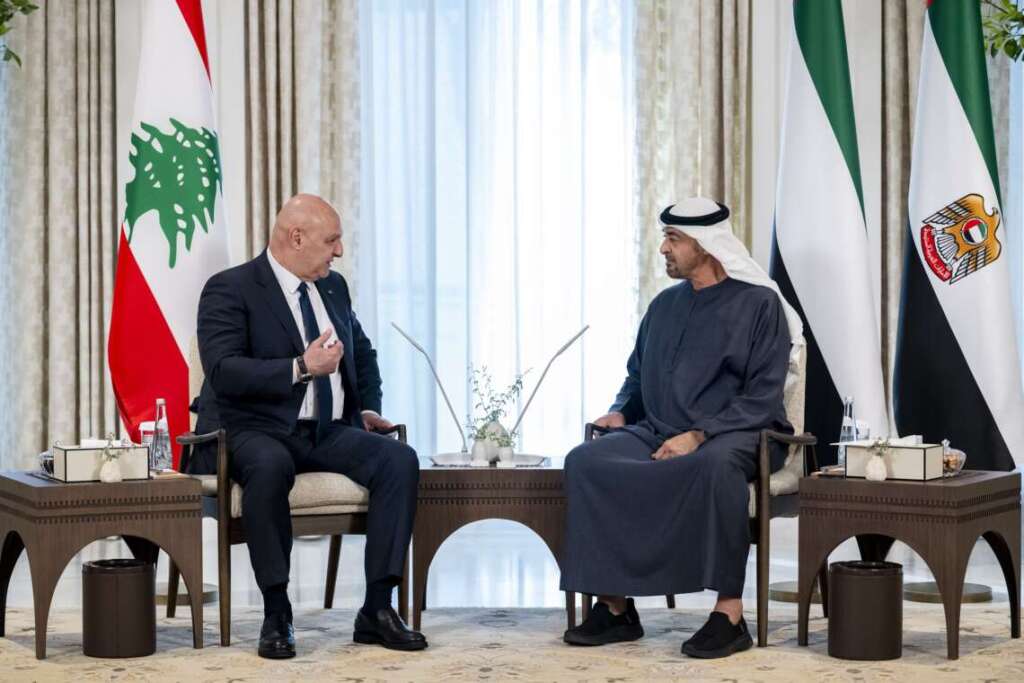
Restoring Confidence Through Reform
During a separate meeting with editors-in-chief of Emirati media organisations, President Aoun elaborated on Lebanon’s current trajectory. He noted that political and security conditions in the country are stabilising and highlighted the government’s commitment to implementing structural reforms.
“These reforms are essential to restoring international confidence and unlocking pledged financial support,” Aoun said, referring to donor conditions set by Arab and Western allies. He added that his administration is working on a comprehensive economic recovery plan that includes improving public services, reducing debt, and tackling corruption.
On the security front, Aoun asserted that internal stability is being effectively maintained by Lebanese security institutions despite regional tensions and external threats. He also commended the Lebanese diaspora in the UAE, acknowledging their vital role in strengthening people-to-people ties and their contributions to both countries’ economies.
Rebuilding Trust After Diplomatic Strains
Relations between Lebanon and the UAE — along with other Gulf nations — have been strained over the past decade, largely due to the growing influence of Hezbollah in Lebanese politics and foreign policy. In 2021, tensions escalated after a Lebanese minister publicly criticised Saudi Arabia’s intervention in Yemen, prompting the UAE to recall its diplomats.
However, the landscape has shifted. With Hezbollah’s domestic influence slightly tempered and regional diplomacy picking up pace, Lebanon has found a new opening to re-engage with the Gulf. The UAE’s willingness to re-establish high-level ties is being seen as a vote of cautious confidence in Lebanon’s attempts to reset its political course.
Shared Vision for Stability and Development
In their joint statement, both Sheikh Mohamed and President Aoun stressed the importance of fostering regional stability, enhancing Arab unity, and resolving conflicts through diplomacy and cooperation. Sheikh Mohamed reaffirmed Lebanon’s role as a “key pillar of joint Arab action” and voiced his support for a stable and sovereign Lebanon that can once again take its place in the Arab and international arenas.
The two leaders also exchanged views on major regional developments, including the economic challenges facing the Arab world, security threats, and the need for collaborative approaches to peace and development.
A New Chapter in UAE-Lebanon Relations
President Aoun’s visit to the UAE marks a turning point in Lebanese-Gulf relations, offering a glimpse of renewed regional support at a time when Lebanon is in dire need of economic relief and diplomatic goodwill.
For the UAE, the engagement is in line with its broader strategy of promoting regional stability and extending humanitarian and developmental assistance across the Arab world. For Lebanon, it offers a much-needed diplomatic and economic lifeline.
With concrete agreements now in motion — from business councils to governance exchanges — both nations appear set to translate political goodwill into sustainable cooperation. The visit may well be remembered as the beginning of a new chapter in UAE-Lebanon relations.

